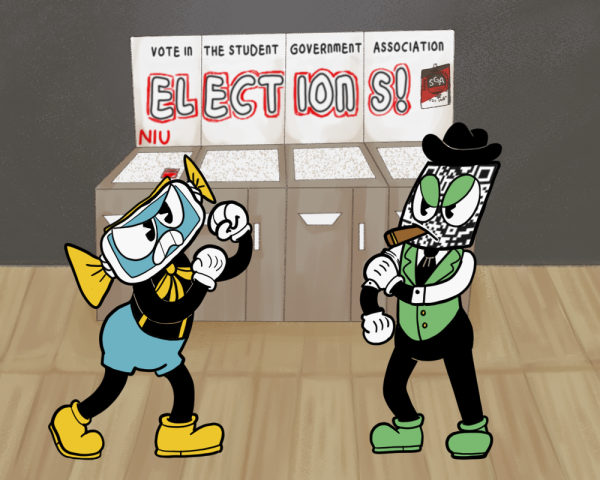Bush’s proposals come up short
February 3, 2005
President George W. Bush assured the American people the state of the union is “confident and strong” Wednesday. We hope he is correct but worry about the next four years.
Our country, Bush said, has seen many times of sorrow over the past four years but has overcome these struggles by working together.
During his speech, the president proposed several plans that he said would help strengthen the nation, both financially and socially.
One of Bush’s most ambitious plans was to eliminate the $4.3 trillion deficit by partially privatizing Social Security, strengthening the economy and eliminating government programs he said show no results.
We cannot help but hope his plans could be the solution to our problems, especially considering the economic insecurity our generation faces today. With an injured economy, outsourcing of jobs and a decreasing concern for the working class, the country is looking for help.
Strengthening the economy while largely increasing military spending, making tax reliefs permanent that mostly benefit the wealthy and cutting programs that help the poorer classes, makes the idea difficult to swallow.
Furthermore, Bush talked about plans to help make education more attainable for everyone by increasing the maximum amount of money for Pell Grants.
What he failed to mention is that the new plan will decrease the number of students who receive the grant. As a result, 90,000 could lose their eligibility and 1.3 million are predicted to see their grants reduced, according to the Chronicle of Higher Education .
At face value, Bush’s plans may seem to be the perfect solution to our problems. But by evaluating the past performance of this administration, we learn one very valuable lesson: It is easy to spout noble rhetoric, but when it comes to putting good ideas into practice, the administration often comes up short.













